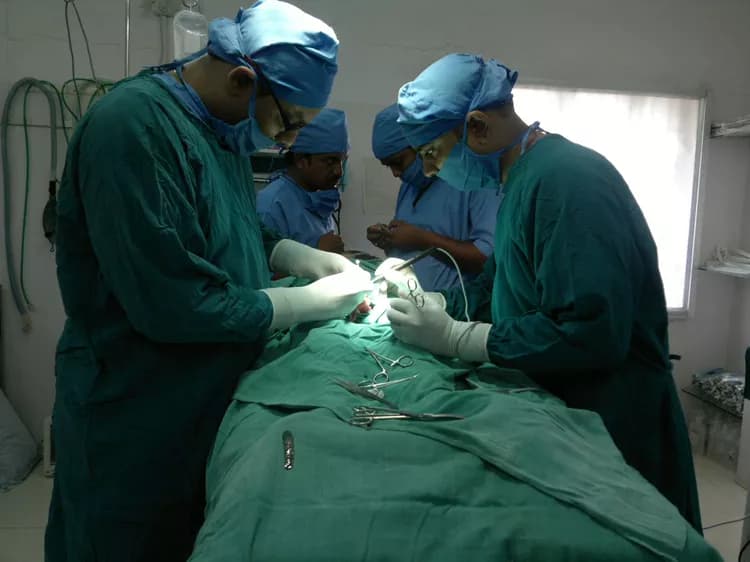
Study Examines Work Status, Productivity After Bariatric Surgery
In a study appearing in the October 18 issue of JAMA, David R. Flum, M.D., M.P.H., of the University of Washington, Seattle, and colleagues assessed working status and change in productivity in the first 3 years following bariatric surgery for severe obesity.
Obesity is associated with sick leave, disability, and work-place injuries. Bariatric surgery is an effective treatment for patients with severe obesity. Evidence is limited regarding the relationship between bariatric surgery and work productivity. This analysis included adults with severe obesity undergoing bariatric surgery who were recruited (February 2005-February 2009) at 10 U.S. centers for the Longitudinal Assessment of Bariatric Surgery-2 (LABS-2) study. Participants completed a work productivity and activity impairment questionnaire presurgery and annually postsurgery. Work status among nonretirees and past-week work absenteeism (missed work due to health) and presenteeism (impaired work due to health) among employed participants were assessed.
Of 2,019 nonretired participants, 89 percent had work factors data at 1 or more follow-up assessment(s) and were included in the analysis. Baseline median age was 45 years; median body mass index was 46; 80 percent were women. Weight loss was 28 percent at 3 years. Prevalence of employment or disability did not significantly change throughout follow-up. However, unemployment increased from presurgery to year 3 (3.7 percent for presurgery vs 5.6 percent for year 3 postsurgery).
Of 1,265 employed participants, 86 percent were included in the work productivity sample. Prevalence of absenteeism was lower at year 1 (10.4 percent) vs presurgery (15.2 percent), but did not significantly differ from presurgery at year 2 or 3. Prevalence of presenteeism was lower than presurgery at all postsurgery times but increased from years 1 to 3. Improvements in physical function and depressive symptoms were independently associated with lower risks of postsurgery absenteeism and presenteeism, whereas postsurgery initiation or continuation of psychiatric treatment vs no treatment presurgery or postsurgery was associated with higher risks. Greater weight loss was independently associated with lower risk of postsurgery presenteeism only.
"In this large cohort of adults who underwent bariatric surgery, patients maintained working status and decreased impairment due to health while working. The small increase in unemployment by year 3 may reflect a secular trend in unemployment during the time of the study; the annual average rate of unemployment increased from 4.5 percent in 2007 to 8 percent in 2012. The reduction in presenteeism following surgery may be explained by weight loss, improved physical function, or reduction in depressive symptoms. The increase in presenteeism between years 1 and 3 may reflect an adaptation to a new health state or deterioration of initial presurgery to postsurgery improvements," the authors write.
Materials provided by JAMA - Journal of the American Medical Association. Note: Content may be edited for style and length.
Disclaimer: DoveMed is not responsible for the adapted accuracy of news releases posted to DoveMed by contributing universities and institutions.
Primary Resource:
Alfonso-Cristancho, R., King, W. C., Mitchell, J. E., Ramanathan, R., Sullivan, S. D., Belle, S. H., & Flum, D. R. (2016). Longitudinal Evaluation of Work Status and Productivity After Bariatric Surgery. JAMA, 316(15), 1595-1597.
Related Articles
Test Your Knowledge
Asked by users
Related Centers
Related Specialties
Related Physicians
Related Procedures
Related Resources
Join DoveHubs
and connect with fellow professionals

0 Comments
Please log in to post a comment.